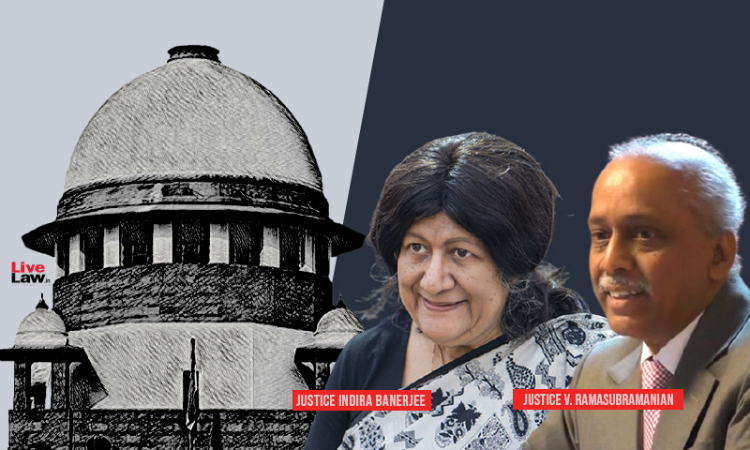The Supreme Court has upheld a judgment of the Madras High Court which held that an ex-parte decree passed against a minor not represented by a guardian who is duly appointed is a nullity.A bench comprising Justices Indira Banerjee and V Ramasubramanian was considering an appeal filed against the High Court judgment, which had set aside the ex-parte decree passed against a minor on the...

